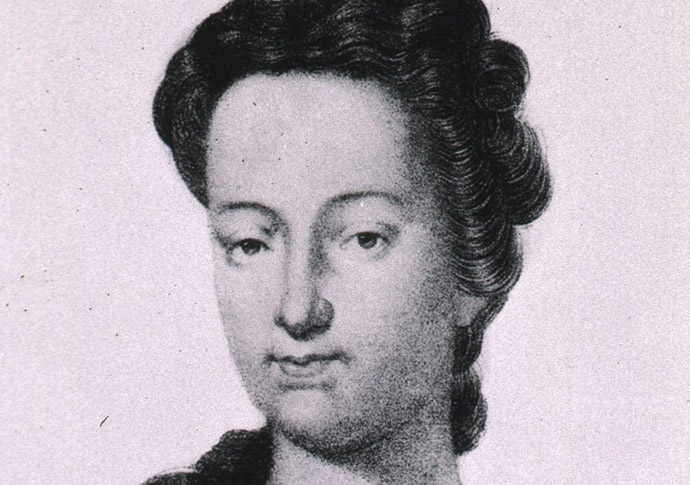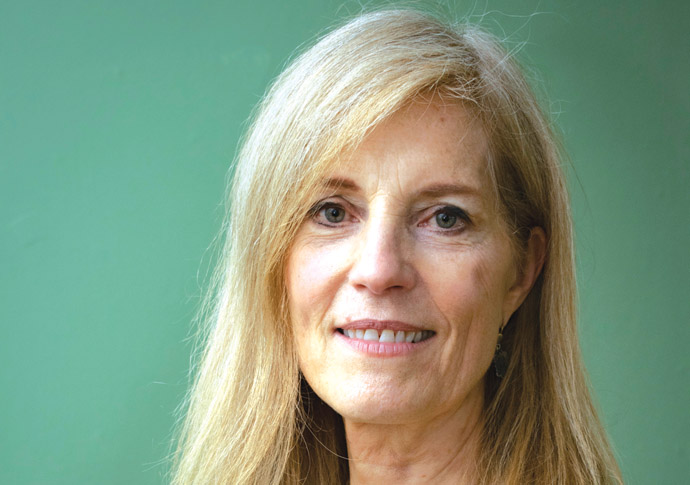Stamen power
Writing about Britain’s first botanical illustrator helped Pamela Holmes get through lockdown
Thursday, 9th March 2023 — By Pamela Holmes

Elizabeth Blackwell
ELIZABETH Blackwell was a remarkable woman. When her husband was sent to the notorious Marshalsea debtors’ jail where inmates died of starvation and from the cruelty of the wardens, she was determined to save him. As this was London in the 1730s when the opportunity for a woman to make money usually involved lying on her back, the odds were stacked against her.
But working night and day, engraving and painting images of herbs with texts explaining how these 500 plants could be turned into pills and potions that could cure everyday ailments, Elizabeth was able to sell enough of her “herbals” to apothecaries and to the public to pay off Alexander’s debts.
She got him out of the Marshalsea where Charles Dickens’ father later languished. Not only a brilliant artist, Elizabeth was also an astute businesswoman.
Though her elegant book, A Curious Herbal, is a treasure of the British Library, my research revealed few details of how it all came about. I found out Elizabeth eloped with Alexander riding across the moor from Aberdeen to marry in Edinburgh. That they travelled to London and set up a print business… But there were endless unanswered loose ends. Plenty of scope to write a novel about Britain’s first female botanical illustrator.

Author Pamela Holmes. London. Nov 2021
Pamela Holmes
I’m inspired by the women history has forgotten or ignored. My first novel was about a Victorian vicar’s wife who spent six years up a ladder painting an angel ceiling in her Suffolk parish church. Think Michelangelo in skirts, breaking the glass ceiling to paint one in gold. Today parishioners get cricks in their necks gazing up at the winged creatures hovering overhead. But I could find no answer as to why Mildred Holland was driven to take on this herculean task. No diaries or articles or anyone alive to explain what drove this woman to stand 70 feet up on scaffolding painting angels. Only imagination could fill in the gaps.
Most of the research for The Curious Life of Elizabeth Blackwell was done before the first Covid lockdown. I had visited the Chelsea Physic Garden from where Elizabeth was given the herbal plants she drew; the St Bride Foundation to see the kind of printing press that would have been in Alexander’s print shop; walked along Swan Walk, where Elizabeth lived.
By the time we were stopped from our leaving our homes, I was ready to write. Lockdown created a physical barrier that mirrored the boundary that had to be made between research information and the imaginative process. Writing kept me absorbed over those grim months; I didn’t notice the isolation as much when describing Elizabeth’s rendition of a dandelion’s gnarly roots.
That’s the importance of International Women’s Day. It’s a chance to celebrate and focus on women from every walk of life who have taken a stand, stood their ground, fought to succeed and risked everything to achieve what they felt driven and compelled to do.
• The Curious Life of Elizabeth Blackwell. By Pamela Holmes. Bloodhound Books, £8.99
• Forthcoming London talks on Elizabeth Blackwell by Pamela Holmes: The Chelsea Physic Garden, Mar 12; The Garden Museum, July 27; The Old Operating Theatre, Sept 28. See www.pamela-holmes.com